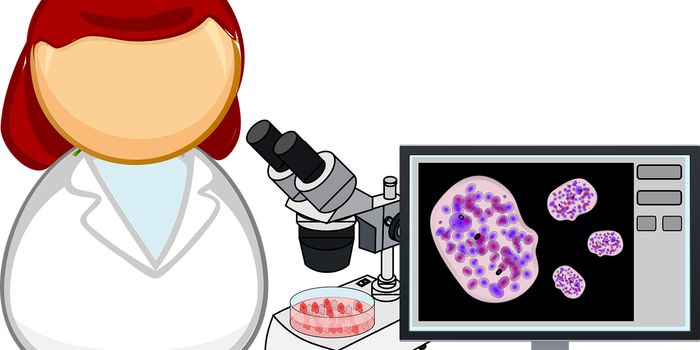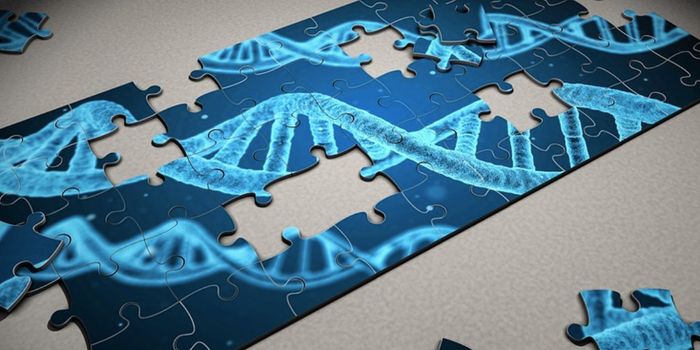Pancreatic cancer patients see hope in this newly developed drug
A new drug developed by researchers at the University of Sheffield hopes to improve life expectancy and quality of life for patients with pancreatic cancer. The findings of the study, which show positive results from the drug in mice models, were published in the journal ACS Pharmacology & Translational Science.
Pancreatic cancer is particularly difficult to beat and only 7% of patients live to see five years post-diagnosis. This drug, which harnesses molecules called adrenomedullin-2 receptor antagonists, blocks the communication between the hormone called adrenomedullin and cancer cells. Adrenomedullin, while important for certain physiological functions, is dangerous because it stimulates the growth and metastasis of cancer.
"The most extraordinary part of this new therapy is the fact that nature designed the hormone adrenomedullin to have two different types of receptor - one which helps to regulate our blood pressure and the other which is involved in the way that cancer cells communicate with each other and the host cells, helping cancers to grow and spread," said Professor Tim Skerry from the University of Sheffield's Department of Oncology and Metabolism.
By blocking this communication via the new drug, the researchers were able to demonstrate a positive effect in the treatment of pancreatic cancer in mouse models. "We have designed a unique piece to fit into nature's jigsaw which will block signals from one receptor but allow the other to work as normal. In blocking the hormone's communication with the cancer cells, we are cutting off its supply to the things that it needs to thrive. This means tumors can't grow as fast as they are starved of the resources they need and it becomes more difficult for them to spread to other areas of the body,” Skerry explained.
The team is currently on track to raise funding for first-in-human clinical trials. They say that the drug has implications not only for pancreatic cancer but also other hard-to-treat cancers like relapsed breast cancer and lung cancer
"Pancreatic cancer tumors are notoriously aggressive and difficult to treat and their location makes it easy for cancer to spread to nearby organs such as the liver and stomach. The nature of pancreatic cancers means it is hard to get current drugs into the tumor. We believe adrenomedullin-2 receptors offer advantages for pancreatic cancer patients,” says Skerry. "Over the past 30 years, the diagnosis and treatment of the vast majority of cancers have evolved rapidly, helping more people survive the disease than ever before. However, advances in treating pancreatic cancer and improving patient outcomes have had little effect on life expectancy. There are still cancers that are resistant to treatment and research is needed to solve those problems."
Sources: ACS Pharmacology & Translational Science, Eureka Alert









